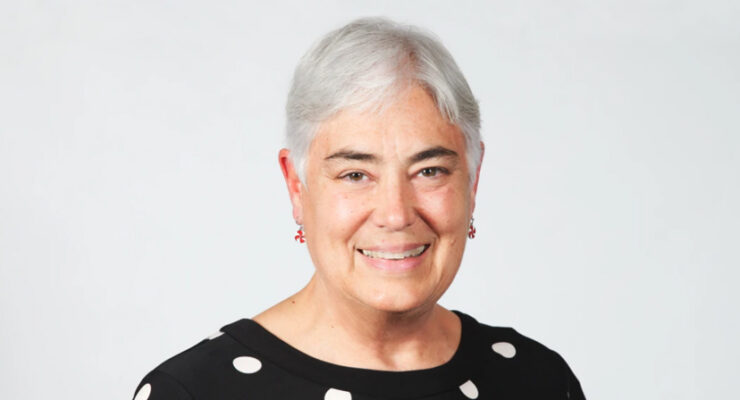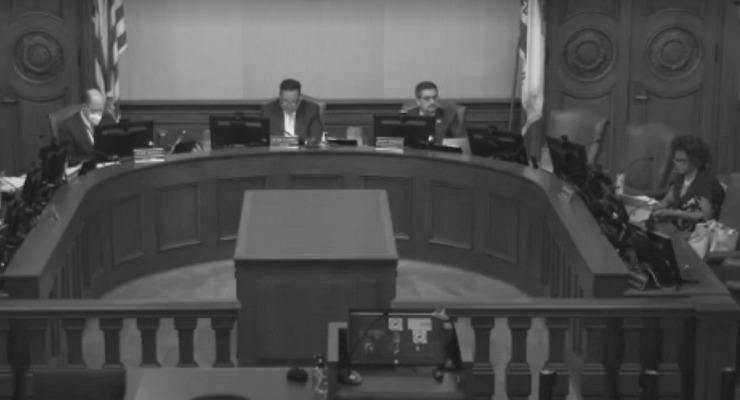 A three-judge panel of the 9th U.S. Circuit Court of Appeals in Pasadena wrestled with procedural questions during a hearing Monday on whether California’s death penalty system is unconstitutional and executions were arbitrary.
A three-judge panel of the 9th U.S. Circuit Court of Appeals in Pasadena wrestled with procedural questions during a hearing Monday on whether California’s death penalty system is unconstitutional and executions were arbitrary.
“Has the Supreme Court said the mere fact that someone is lingering on death row for X amount of years, is that a constitutional violation?” Judge Johnnie B. Rawlinson asked the attorneys who appeared at the hearing.
Loyola law professor Laurie Levenson, one of the legal watchers who attended the court hearing, described the discussions between the appeals court judges and the attorneys as “a very technical argument.”
“The court today is saying there are procedural questions before we even rule if the death penalty is fair,” Levenson said in a report by The Orange County Register.
The hearing was in response to an appeal by the state’s Attorney General on a 2014 decision by U.S. District Court Judge Cormac J. Carney overturning the death sentence on a man who had been convicted of raping and murdering his girlfriend’s mother in 1992.
In vacating Ernest DeWayne Jones’ death sentence, Carney had ruled that delays and arbitrariness in executions violate the Constitution’s Eighth Amendment that bars cruel and unusual punishment. If that decision is upheld, it could mean the end of the death penalty in California and commute the sentences of more than 740 Death Row inmates in the state to life imprisonment without parole.
Deputy Solicitor General Michael J. Mongan, who also represented the warden of San Quentin State Prison, argued that Carney’s decision violated all legal procedures. It also mislabeled as dysfunctional what were actually the state’s careful efforts to protect the rights of those sentenced to death.
“It is absolutely the case, your honor, that the review process in California is a lengthy one,” said Mongan. “But those facts don’t mean it’s arbitrary or produces random results.”
Mongan said procedural rules require that the constitutional claims in Jones’ case should be first presented to state court rather than federal court.
Michael Laurence, executive director of the Habeas Corpus Resource Center and Jones’attorney, disagrees.
“The state system is dysfunctional, and the state court is one of the primary sources of that dysfunction,” Laurence told the panel.
The panel – composed of Judges Susan P. Graber, Johnnie B. Rawlinson and Paul J. Watford – will now consider whether to affirm Judge Carney’s decision, or reverse that decision and send the case to the California Supreme Court.
As the hearing ended, the appeals court judges noted they will be taking the legal arguments under advisement.














 0 comments
0 comments


